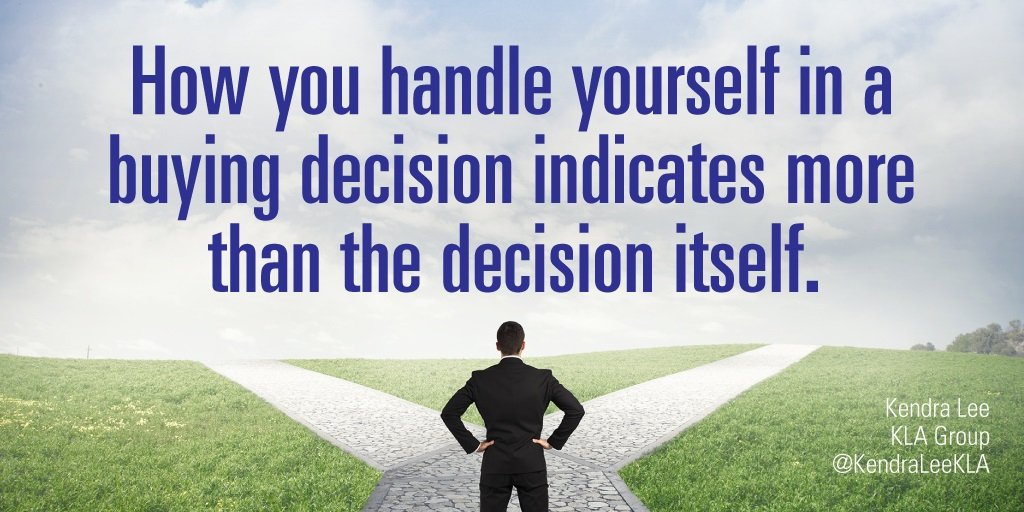Recently I had the opportunity to observe a sales person who was put in the buyer position on behalf of her company. Without her realizing it, the business owner was evaluating her readiness for a sales management position and this was just a test.
The services that she was evaluating were ones that required a consultative sale, much like how she herself sells. She was comparing two different solutions.
What I observed was rather interesting.
You would think that selling to your peers and knowing how challenging sales can be, most sales people would actually be nicer and more respectful than many prospects.
But what I’ve observed is that there are two types of sales people turned buyer.
- The first type are those people who are focused on making the best decision for the company. They want to make a smart, informed decision. But these sales people also understand the challenges of the sales role. They are respectful. They listen. They ask good questions. All the while they keep the company objective in mind. While they weigh all the options, they’re very direct about what they are thinking, and what’s important to their company in this decision.
- The second type of sales person buyer is one who feels the power of finally being in the buyer position. These buyers are demanding. They dictate the specific time that they can meet – with no flexibility. They ask a myriad of questions. They want numerous references and examples. They raise countless objections. They want to know what the ROI will be down to the penny. They almost treat their fellow sales person imperialistically. The power has gone to their head and they are going to emulate every difficult situation that they have experienced as a sales person.
While you may not realize it, this opportunity to make a buying decision on behalf of your company is an indicator of your readiness to handle an important aspect of management – using outside resources to achieve company goals.
It’s an initial step and how you handle yourself is just as important as the buying decision itself.
The first type of sales people is ready for leadership. The true objective that they have been missioned with, to help the company with an important buying decision, is not forgotten in the face of decision making power.
In this scenario I’m focused on readiness for a sales management position. But it could just as easily be a marketing staff person being evaluated for a marketing management role. Regardless of your position, when you are asked to step up and assume the buying decision, don’t let the power take control.
Instead use this opportunity to demonstrate your clear thinking and alignment with your company’s vision. Show your ability to work in partnership with vendor sales people to fully evaluate the right decision for your company at the right price, with the right terms.
When the final decision is made, not only had it better be the best one for the company, but you’ll have to work with the salesperson who sold it. It’s better to start the partnership during the sales cycle than mend fences later. When you do that, you demonstrate your ability to move closer to management.



